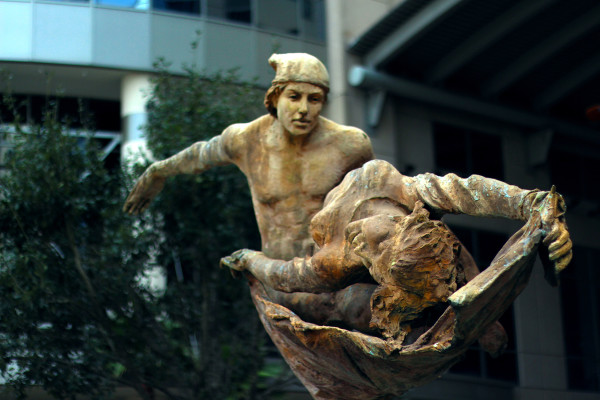There is a lot of confusion of when copyright protection attaches to a work and whether it’s necessary to “register” the work with the United States Copyright Office. So, in an attempt to answer a few questions . . .
If I do not register my copyright is my work still protected?
Yes. Copyright attaches to a work the moment it is “fixed in a tangible meaning of expression.” The reason it needs to be “fixed” is because there is no copyright protection in an idea, but only in the expression itself. For instance, if you give a lecture but no one records it, the words you spoke — unless you read them from a written work — are unprotected until they are somehow fixed. However, if the lecture is recorded and fixed onto a DVD, it could be protected as an audiovisual work (assuming it meets the test for originality).
If you’ve “written” a song in your head, merely hummed a tune, but never recorded it or written it down, it is not really written, and not yet protected.
If you’ve come up with a plot idea for the next greatest novel and shared it with friends over a few beers, but you haven’t written anything down, your idea is not protected.
Why should I register my copyright?
There are three main reasons why you may want to register your copyright. First, registration creates a presumption of ownership, which can help you if someone attempts to dispute that he or she disputes that you are the copyright owner.
The second reason is that registration is a prerequisite to filing a lawsuit for copyright infringement. If you sue for copyright infringement without registering your work, your lawsuit can be dismissed.
Thirdly, after you’ve registered your copyright, if someone infringes your work, you will be able to go after the infringing party for attorney fees and statutory damages. However, if you publish a book, photograph, or anything else, but fail to register the copyright, you may have difficulty collecting statutory damages in a future lawsuit. After you register the work, you will be able to file a lawsuit, but you may not be able to collect attorney fees or statutory damages, and may have to only try to recover actual damages, for infringements that occurred prior to the registration. (There is an exception if you register the work within three months after publication, if the infringement occurs during that three-month window.)
How do I register my copyright?
Registration of copyright is done through the United States Copyright Office. It’s a relatively simple process and can be done through their website, on your own, or with the assistance of an attorney.
If you have further questions regarding how to protect your work, please feel free to contact our office.
Like the image above? It’s a photograph of a statue in downtown Orlando taken by talented Orlando photographer W.D. Conine, and used with permission. (Thank you, W.D. Conine for letting me use this beautiful photograph!)




My husband has recently started doing leather crafting and he’s sold a few of his pieces via Instagram….he came up with his own designs that vary, due to what the customer wants and needs. would he need to copyright any of that, or is it already covered as his due to the fact that it was posted online, therefore has a record already.